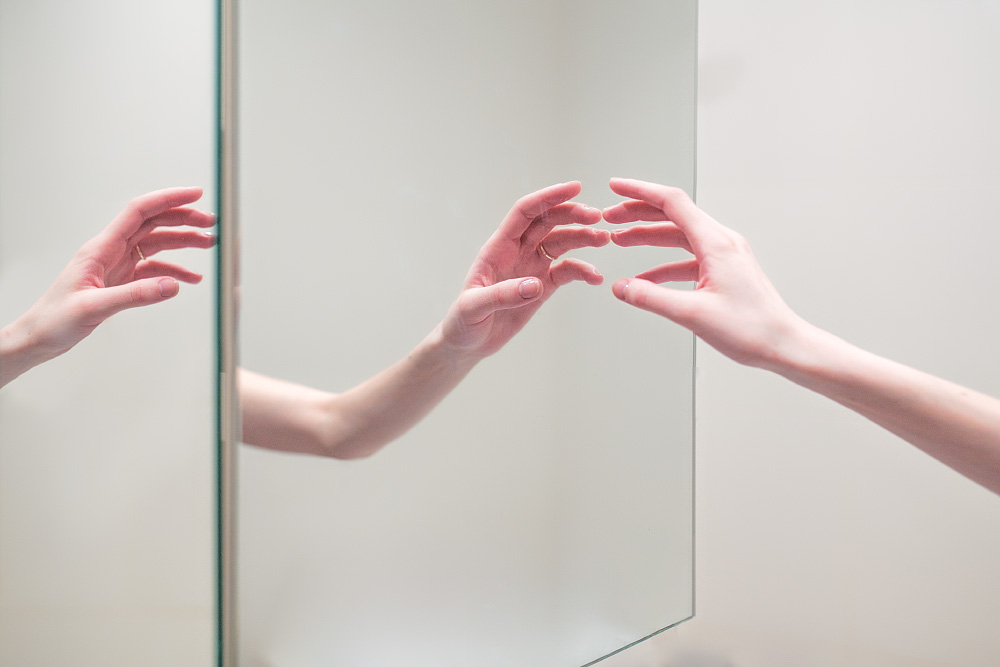
I (Don’t) Wanna Hold Your Hand
Walk down the street. As long as it’s a street with a few people in it, there are probably some who insist upon being in relationships. You might feel pleased for them or you might feel bitter that they have what you so desperately crave. Either way, you may not think to pay much attention to their hands. In their intoxicated states, they headily grab on to each other’s palms and cling, blindly guiding each other and signalling to the hordes of guideless loners that they are in a deep state of temporary proclivity towards each other.
These directionless individuals weave through the throng, lifting their arms above people’s heads and stepping into moving traffic in order to avoid separation. Others are expected to grasp hopefully at the amorphous air for support and whimper as they find only solitude.
In 2005, George Bush held hands with King Abdullah of Saudi Arabia as they walked through a garden of flowers, talking about their hopes, their dreams and the future. This delightful image captured the imagination of millions of Americans and the media around the world. One New Yorker charmingly commented, “I don’t like it.”
The New Yorker’s comment perhaps suggests a degree of underlying homophobia but there are several good reasons not to like hand-holding. For example, the lack of an end point at which people cordially agree that hand-holding’s purpose has been served, and unclasp – as after an arm wrestle, or having helped a blind person cross the road. Most hand-holding could go on forever, a lingering symbol of a two person coterie.
This writer hates hand-holding for reasons that are probably linked to not being hugged enough as a child or being hugged too much as a teenager, but the semiology of hand-holding is baffling.
The response of those in the West to the clasped palms of Bush and King Abdullah was shock, at the sacrilege of two men holding hands. They had broken the rules: a social contract on hand-holding.
In Western cultures, these are the rules of hand-holding: adult men do not hold hands with other adult men (unless they are in a relationship); adult women hold hands with adult men with whom they are in a relationship but not with adult men with whom they are not (unless they are close friends not having sex, when it is perhaps allowed); adult women do not hold hands with other adult women (unless they are in a relationship or very close friends – note that the same caveat does not apply to adult men) but do link arms; mothers may hold their children’s hands (though at some point this won’t be allowed either); fathers may also hold their children’s hands (this is disallowed earlier than with mothers); all children may hold hands with all other children.
Hand-holding has a recondite politics behind it. People hold hands ostensibly in order to communicate amorousness or close affiliation with one another, but it actually communicates more to those around them, because those partaking in the activity do, presumably, know the nature of their affiliation already.
A campaign started in 2009 to encourage acceptance of LGBT people asked those in same-sex relationships to openly hold hands in public. The founder of ‘A Day in Hand’ affirms that, since “hand-holding is a simple, powerful gesture that can happen anywhere, at any time,” it, “has the power to change the hearts and minds of people in their local community quietly, subtly, by simply… owning their space”.
Hand-holding – rather than kissing, hugging, or any other sort of physical contact – has been chosen to make this statement. It speaks of the innocuous place that hand-holding has in society: a gesture polite enough not to cause a fuss, but political enough to make a statement.
This is misguided. Research suggests that hand-holding can communicate the power imbalance in a relationship. In the way of handshakes (which, as a side note, becomes a handhold only if you are doing it very badly) there is an upper and a lower hand, a dominant and a nondominant. A study at Temple University in 1998, observing over a thousand hand-holding couples, showed that men in heterosexual couples were substantially more likely to have the literal upper hand in a relationship, whether taller or shorter than their partners. This was observed even when the partners were of equal height.
People like touching and that’s nice for them. I like lots of other forms of tactility too. Who doesn’t? A nice kiss on the face is pretty great, really. But my problem is that the action of holding hands is more a self-conscious symbol than a nice way to pass the time.
Therefore, I despair at the fact that more than 30, 000 people have liked the quote: “The spaces between my fingers were created so that yours could fill them in,” on Facebook. More than just cloying, this is, in terms of basic evolutionary biology, egregious. Ultimately, do what you want with your fingers, just don’t stick them in between someone else’s and expect me to be impressed. It’s weird.
Image by Sasha Favorov







